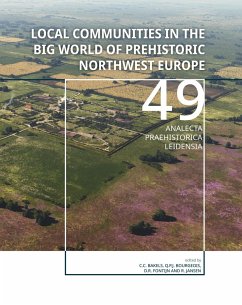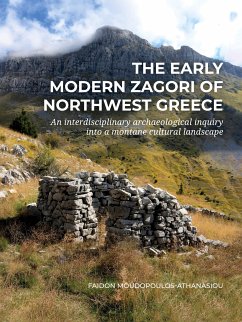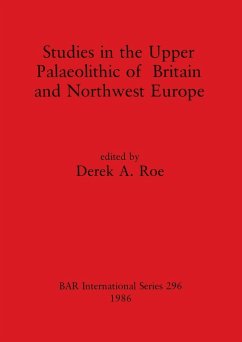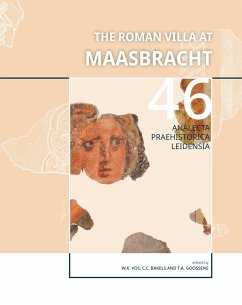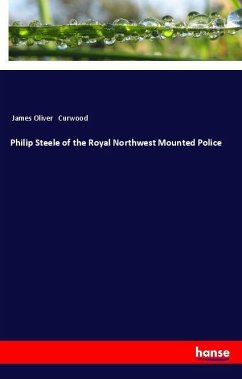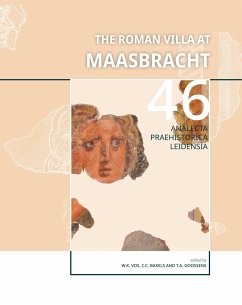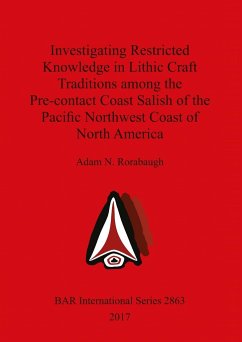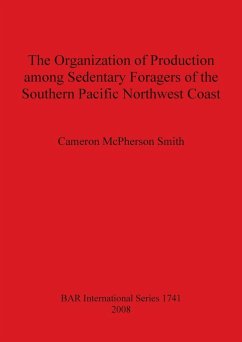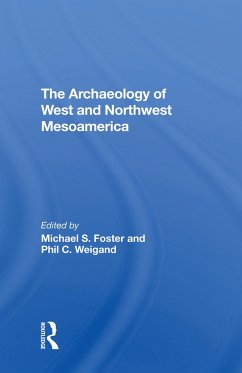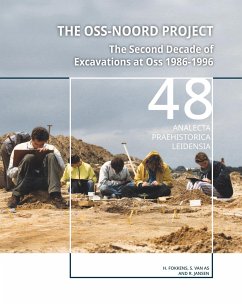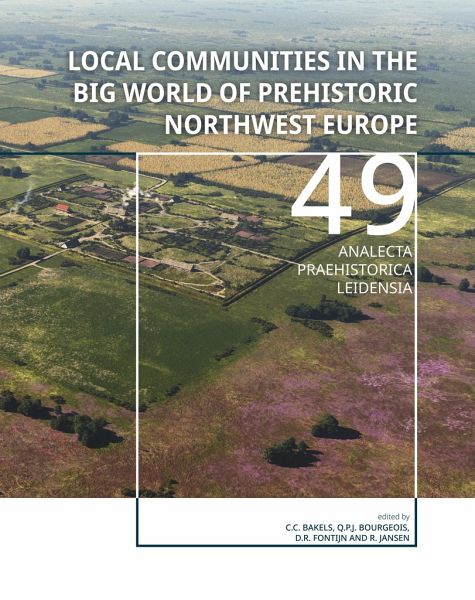
Local communities in the Big World of prehistoric Northwest Europe
Versandkostenfrei!
Versandfertig in 1-2 Wochen
30,99 €
inkl. MwSt.

PAYBACK Punkte
15 °P sammeln!
This volume of Analecta Praehistorica Leidensia focuses on how local communities in prehistory define themselves in relation to a bigger social world. Communities from the deep past managed to make a living in landscapes we tend to perceive as inconvenient, build complex and elaborate monuments with relatively simple tools, and by shaping their landscape carved out a place for themselves in a much bigger social world. The contributions in this volume underscore how small worlds can be big at the same time. ContentsPreface Social memories and site biographies: construction and perception in non...
This volume of Analecta Praehistorica Leidensia focuses on how local communities in prehistory define themselves in relation to a bigger social world. Communities from the deep past managed to make a living in landscapes we tend to perceive as inconvenient, build complex and elaborate monuments with relatively simple tools, and by shaping their landscape carved out a place for themselves in a much bigger social world. The contributions in this volume underscore how small worlds can be big at the same time. ContentsPreface Social memories and site biographies: construction and perception in non-literate societies Johannes Müller The Dutch abroad? Interpreting the distribution of the 'beaker' cultureJohn C. Barrett Early Bronze Age boat graves in the British IslesRichard BradleyThe nature of a Bronze Age WorldAnthony Harding A triangular Middle Bronze Age trade system of amber, copper and tin 1500-1300 BCKristian Kristiansen, Johan LingWetland knowledges: resource specializationand denialChristopher Evans Maintaining fertility of Bronze Age arable land in the northwest Netherlands Corrie BakelsBronze Age ancestral communities - new research of Middle Bronze Age burials in the barrow landscapes of Apeldoorn-WieselsewegDavid Fontijn, Arjan Louwen, Quentin Bourgeois, Liesbeth Smits, Cristian van der LindeAnd the river meanders on... The intertwined habitation and vegetation history of the river area Maaskant and adjacent sand area of Oss (Netherlands) in Late Prehistory till Early Roman PeriodRichard Jansen, Corrie BakelsMetal surprises from an Iron Age cemetery in Nijmegen-NoordPeter W. van den Broeke, Emile Eimermann



